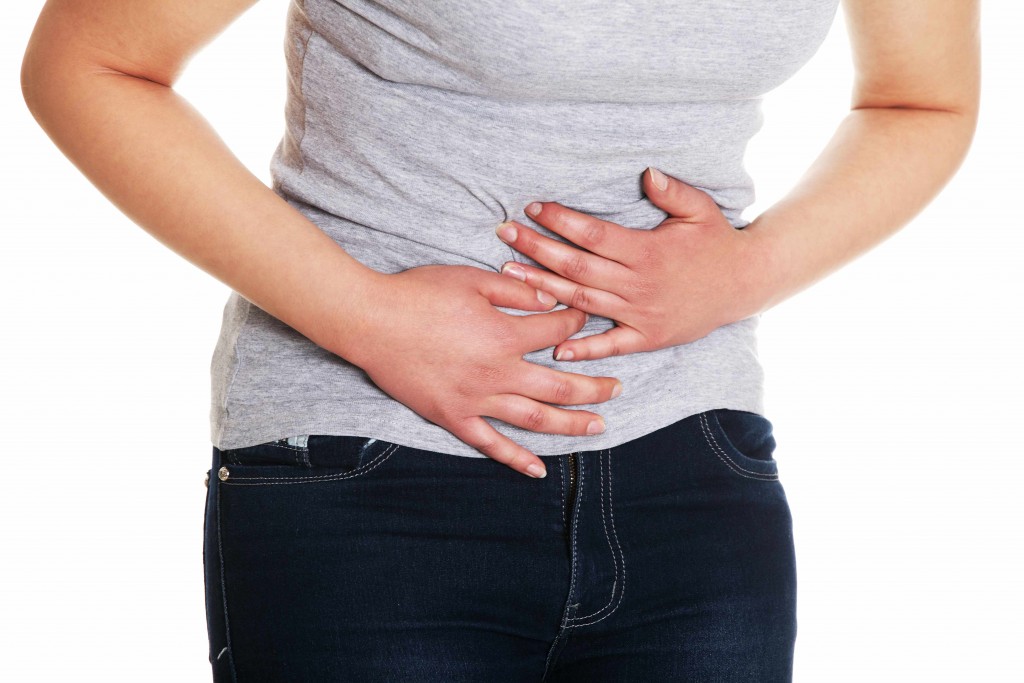-
Gastroenterology
Lifestyle and Diet in Inflammatory Bowel Disease
 Inflammatory bowel disease (IBD), which consists of Crohn’s disease and ulcerative colitis, can be a frustrating diagnosis to deal with. In general, there is no clear evidence that one trigger alone causes problems. Therefore, there is no particular food, diet or lifestyle that causes, prevents or cures IBD.
Inflammatory bowel disease (IBD), which consists of Crohn’s disease and ulcerative colitis, can be a frustrating diagnosis to deal with. In general, there is no clear evidence that one trigger alone causes problems. Therefore, there is no particular food, diet or lifestyle that causes, prevents or cures IBD.
"Some patients are more fortunate and can control their IBD through medication. Other patients experience flare-ups, meaning the lining of the intestine is inflamed and the absorption of nutrients in the body is disturbed. Identifying the cause of this disturbance takes time, patience and some homework," says Sebastian Strobel, M.D., Mayo Clinic Health System gastroenterologist.
Keeping a food diary is a great way to manage flare-ups. Start with a low-fiber or liquid diet until the situation is resolved, and realize certain foods may make symptoms worse.
In general, IBD patients should follow a healthy diet while keeping these tips in mind:
- Eat smaller, more frequent meals.
- Enjoy food in a relaxed atmosphere.
- Avoid identified trigger foods.
- Limit foods such as seeds, nuts, beans, fruit and bran.
- Drink plenty of good fluids, such as water, low-sugar sports drinks and diluted fruit juice.
- Stay away from caffeine and energy drinks.
- Use the choosemyplate.gov website as a guideline.
Be careful with vitamins and mineral supplements. Remember that most of our needed vitamins are obtained just by eating a balanced diet. Some over-the-counter supplements can contain lactose, starch and other ingredients that can worsen your symptoms. Look for the USP (United States Pharmacopeia) symbol on the bottle.
Besides eating a recommended diet, there may still be some supplements suggested for patients with IBD. Talk to your health care provider about assistance from calcium, vitamin D, folic acid, vitamin B12, iron, zinc and probiotics. Live-culture yogurts are recommended for all IBD patients.
As with any health condition, healthy lifestyle practices make it easier to manage your diagnosis.
- Don’t smoke, or quit to reduce symptoms.
- Get regular physical activity to build up bone mass.
- Eat a sensible diet.
- Maintain a body mass index of less than 25.
By tuning in to your body, making healthy choices and working closely with your provider, you can enhance your quality of life living with IBD.







